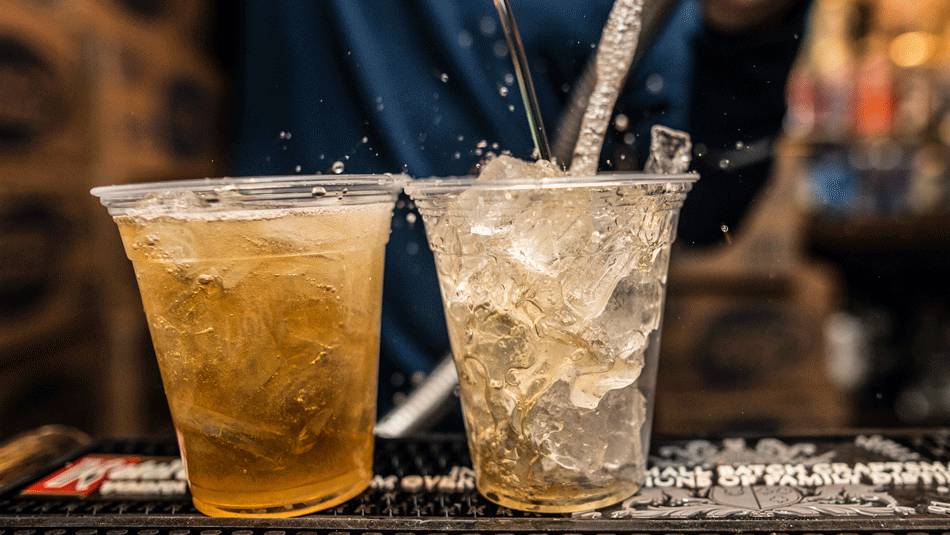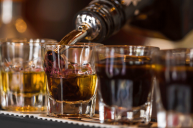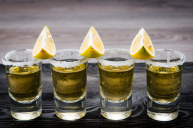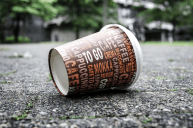You might want to consider ordering something than your usual Red Bull and vodka the next time you go out. While it may keep you partying and dancing all night, research has shown that drinking caffeinated alcohol can lead the brain to act in similar matters to using cocaine.
Videos by Wide Open Country
According to a study conducted by Richard Van Rijan of Purdue University, "Drinking highly caffeinated alcoholic beverages triggers changes in the adolescent brain similar to taking cocaine." By studying the changes in adolescent mouse brains, the study was able to conclude that mice given the mixture of a highly-caffeinated drink and alcohol possessed the same physical and neurochemical signs as when mice were given cocaine.
While it seems like a good idea to drink caffeine to keep you awake all night long, drinking highly caffeinated drinks combined with alcohol is a recipe for disaster.
https://www.instagram.com/p/BdHyrt2gk2x/?hl=en&tagged=redbullvodka
Containing up to 10 times the amount of caffeine than soda, drinks like Red Bull and Monster are marketed to jolt drinkers awake. And while this may seem like the perfect solution to a hazy alcohol fog, it actually makes for a pretty messy party.
Audra Roemer, author of a study in partnership with the University of Victoria comments that people who indulge in highly-caffeinated alcohol will get a "wide awake" feeling, thinking that they are less drunk. However, they are just as impaired as before.
This feeling of alertness makes the individual feel more sober, thus makes it easier for the individuals to drink more than they can handle and potentially hurt themselves or someone else.
All in all, while it may be fun to indulge in drinks like jagerbombs and Four Lokos, it comes at a price. We think we'll stick to our caffeine free cocktails.




